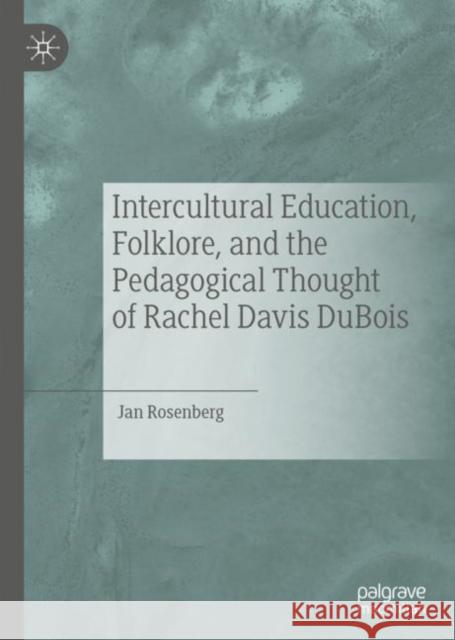Intercultural Education, Folklore, and the Pedagogical Thought of Rachel Davis DuBois » książka
topmenu
Intercultural Education, Folklore, and the Pedagogical Thought of Rachel Davis DuBois
ISBN-13: 9783030262211 / Angielski / Twarda / 2019 / 148 str.
Intercultural Education, Folklore, and the Pedagogical Thought of Rachel Davis DuBois
ISBN-13: 9783030262211 / Angielski / Twarda / 2019 / 148 str.
cena 342,95
(netto: 326,62 VAT: 5%)
Najniższa cena z 30 dni: 327,68
(netto: 326,62 VAT: 5%)
Najniższa cena z 30 dni: 327,68
Termin realizacji zamówienia:
ok. 22 dni roboczych
Bez gwarancji dostawy przed świętami
ok. 22 dni roboczych
Bez gwarancji dostawy przed świętami
Darmowa dostawa!
Kategorie:
Kategorie BISAC:
Wydawca:
Palgrave MacMillan
Język:
Angielski
ISBN-13:
9783030262211
Rok wydania:
2019
Dostępne języki:
Ilość stron:
148
Waga:
0.35 kg
Wymiary:
21.01 x 14.81 x 1.12
Oprawa:
Twarda
Dodatkowe informacje:
Wydanie ilustrowane











